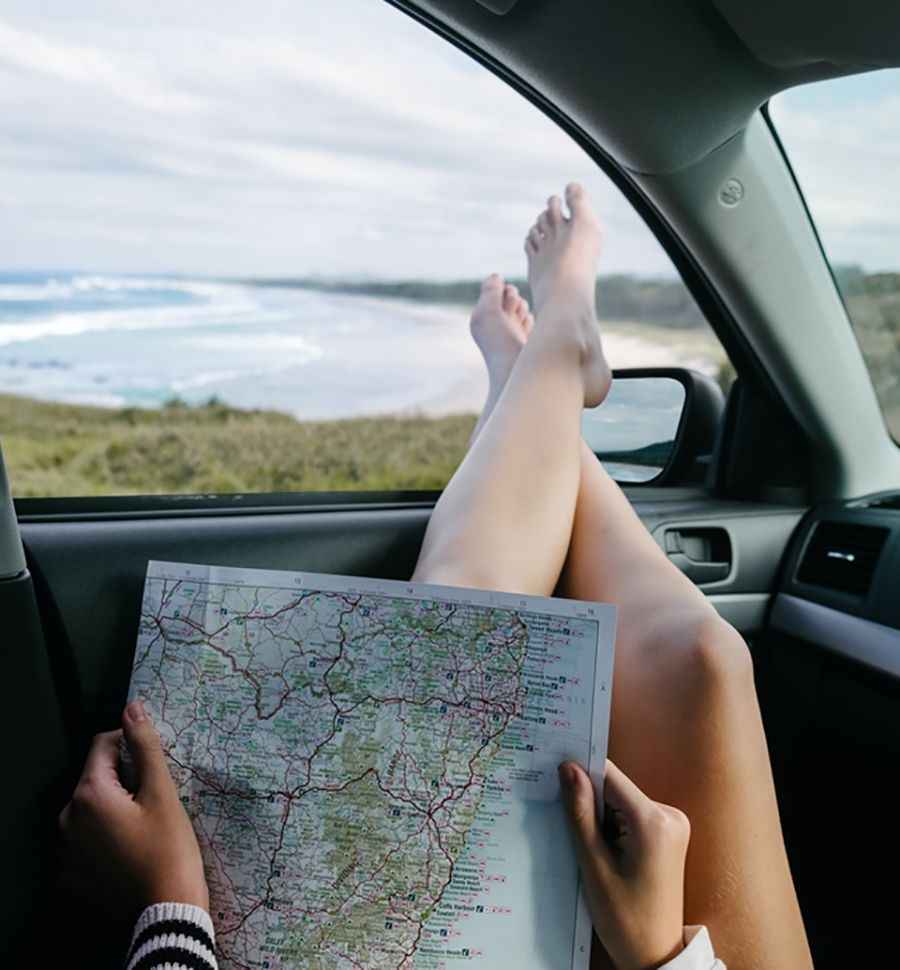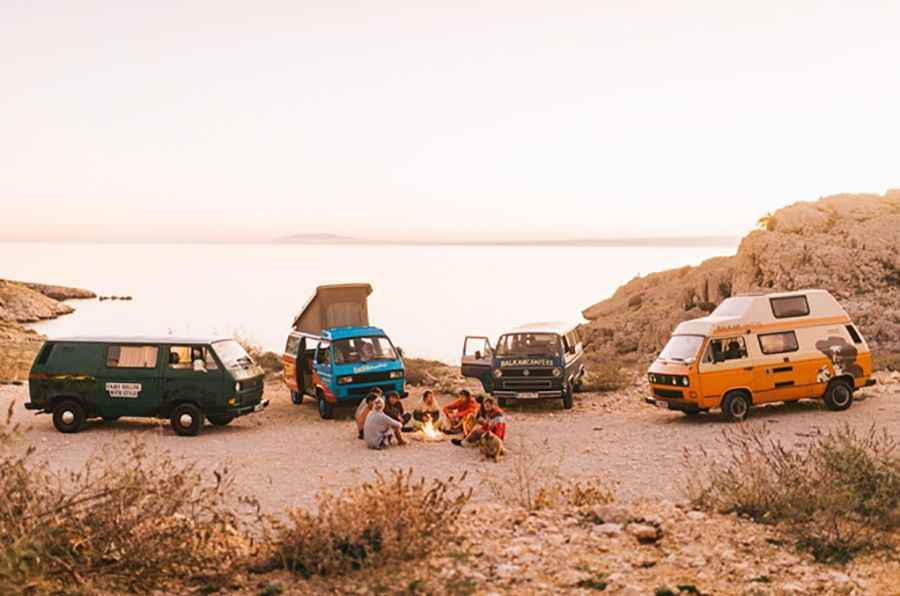Common Blunders: Mistakes To Avoid on a Road Trip
When embarking on a long road trip that may deviate from the original route in an unknown direction, it is important to be fully prepared and prepared for any circumstances so that nothing will ruin your experience of the trip.

There is something special and mesmerizing about traveling in a personal vehicle. You can go anywhere, search for UFOs, have an afternoon picnic on the beach, or take an overnight trip while enjoying gas station coffee and snacks. All you need is a reliable car, a terrific playlist, and an itinerary flexible enough to leave some room in your schedule for impromptu adventures, because those are the fun part of the trip.
But even the most adventurous traveler knows that without thorough pre-trip planning and smart road know-how, the most amazing trip can be a failure. To help, we talked to a few experts who know what to do (and what not to do) to make your trip go smoothly
Put your car in for a full diagnostic before your trip.
On a long trip, your car can be your best friend or your worst enemy. To increase your chances of success, schedule a full diagnostic of your car a week or two before you leave. Having a professional check your oil and tire pressure and make sure your battery, brakes and engine are working properly will keep you from getting stuck on the side of the road or calling a tow truck back home.
Organize household and pet care.
It is recommended that you make "a list of things to take care of when you leave, including your mail, lawn and garden, and taking care of animals and houseplants." If you're worried about leaving the house empty for a few days (or weeks), installing a home security system before you leave can provide peace of mind.
Load apps and maps offline.

If you want to avoid data charges at the end of your trip, you'll need to download everything over Wi-Fi before you leave. We recommend downloading map areas to Google Maps in advance so you don't have to use cellular data to navigate. The same goes for Spotify playlists and any shows or movies you'll need to entertain young travelers. "Apps like Netflix, Spotify and Facebook are showing growth through widespread use. Manage your data in the app's settings. You can specify how much data the app can use, and you can prohibit uploading photos to your feed until you're connected to Wi-Fi.
Purchase some car accessories.

Be sure to think about a car charger for your phone ahead of time (or upgrade to a car charger for multiple phones) and make sure you have a place or gadget that can hold your phone. For example, a universal magnetic car mount that mounts to your car's air vent so your phone is always in view - and this gadget doesn't cost much at all.
A car cooler is a very important element of the trip.
Chances are there will be plenty of gas stations and fast food places along the way, but a trip full of burgers, French fries, candy and chips will quickly become boring. Bring a cooler with pre-cut fruits and vegetables, nuts, sandwiches and some healthy snacks. And don't forget to stay hydrated, and still have a cup of caffeine on the road during the long day
The car also needs to be cleaned and kept clean.
When you live in the car, things can quickly become chaotic and messy. Take wet wipes, paper towels and hand sanitizer with you and put everything in an organizer. When packing all the things in the car, load the ones you won't need anytime soon so that the items you'll be using during the trip are always available.
Research the route and its interesting aspects in advance.
One of the best parts of a road trip is being able to stop, explore, and change your route at any time. You can always deviate from your plan after you've planned your trip, but it's a good idea to research ahead of time to see where else you can stop and get the most out of your trip and experience.
Road trips are a terrific way to travel, the route may depend on your time or budget constraints, but detours and unexpected stops are often the most memorable moments of the trip.
Stop to stretch your legs.

If you have a final destination in mind, you may be tempted to go all the way without making a single stop, but if you do, you'll miss everything that makes the trip exciting. Changing routes along the way is an important part of road trips.
When going on the road, the biggest mistake people make is not stopping to stretch out and walk around a bit. In order to keep from passing out and to keep your driving safe, it is recommended that you stop once an hour to move around and stretch, whether you stop at a gas station or just for a cup of coffee. You should take at least a 30-minute break every four to five hours for a short walk. Thirty minutes is enough time to cope with fatigue on long trips.
Find and prepare a spare tire.
Not every car (or rental car) comes with a spare tire. Take the time to make sure you have a fully inflated spare tire and everything you need to replace it - jack, wrench. If you don't have a spare tire, get one (and the necessary tools) before you go out. It's a good idea to get a little guidance (in person or online) on how to change a flat tire if something happens. There's nothing fun about relying on a Google search when you're out in the middle of nowhere or in the middle of the steppe.
Have an 'all-in-one" kit ready.
Don't leave home without being prepared for the usual road trouble. A flashlight with extra batteries, connection cables, a car battery charger (or spare battery), a water supply, some energy bars and some first aid items - painkillers, bandages and scissors - will be useful. Many things can happen on a long trip, and to avoid getting into an unpleasant situation, it's best to be prepared for anything.